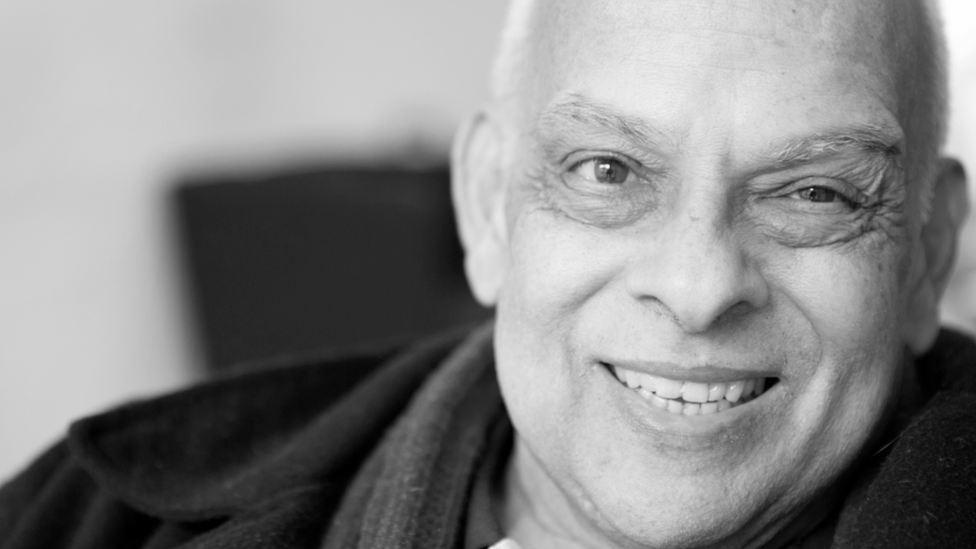Rise in new HIV cases in over-50s - study
- Published

Bernie McDade, 67, living with HIV since 2014
An increasing number of older people are being diagnosed with HIV across Europe, according to a new study.
Researchers from the European Centre for Disease Prevention and Control looked at diagnosis rates in 31 countries between 2004 and 2015.
They found that by 2015, around one in six new cases were in over-50s. That's compared to one in 10 a decade ago.
The study suggests 16 countries, including the UK and Germany, have all seen a rise in cases in over-50s.
The research, published in , also found that older people are more likely to be diagnosed with advanced HIV, which is more difficult to treat.
Study author Dr Anastasia Pharris said: "We often associate HIV with younger people who are sexually active, we assume sexually active means young people.
"These findings suggest that the HIV epidemic is evolving in new directionsâĶ In the last decade, the number of cases in older people has risen, whereas in younger people it's staying stable."
Unprotected sex
The study didn't look at why more older people are being infected. But it found that the mode of transmission was predominantly through heterosexual sex, and that more men were becoming HIV positive in later life than women.
It called for better awareness and testing and campaigns tailored specifically towards the over-50s.
Lead author Dr Lara Tavoschi said: "Our findings illustrate a clear need to provide comprehensive HIV prevention programmes, including education, access to condoms, better testing opportunities, and treatment.
"We need to make both healthcare workers and the general population aware of this issue to reduce stigma and inform people about HIV risks and prevention methods."
Younger people still make up the majority of new infections, with more than 300,000 15 to 49-year-olds diagnosed with HIV across Europe during the 12 years covered by this study. That's compared with just over 54,000 older people.
The world's population is ageing, with more older people facing a wide range of health problems. Adding HIV to the list is a major concern.
Dr Michael Brady, medical director at the British Aids charity, Terrence Higgins Trust, said: "It is worrying to think how many people over 50 don't consider themselves to be at risk of HIV, and that is probably the reason why, in this study, older people were more likely to be diagnosed late with more advanced HIV."
The study found that around half of younger people are diagnosed in the more advanced stages of HIV, compared with just over two-thirds of those aged 50 or over. This makes treatment more difficult and can cut the chances of longer-term survival.
Prof Janet Seeley, from the London School of Hygiene & Tropical Medicine, said: "In Europe, the USA, and Canada, increased mortality among older people living with HIV is often attributed to increased prevalence of illnesses such as cardiovascular disease, and kidney and liver failure, which can worsen HIV disease progression.
"Prevention of infection in all age groups is essential if the epidemic is to be stopped, and older age groups should not be omitted."
- Published25 July 2017
- Published24 July 2017